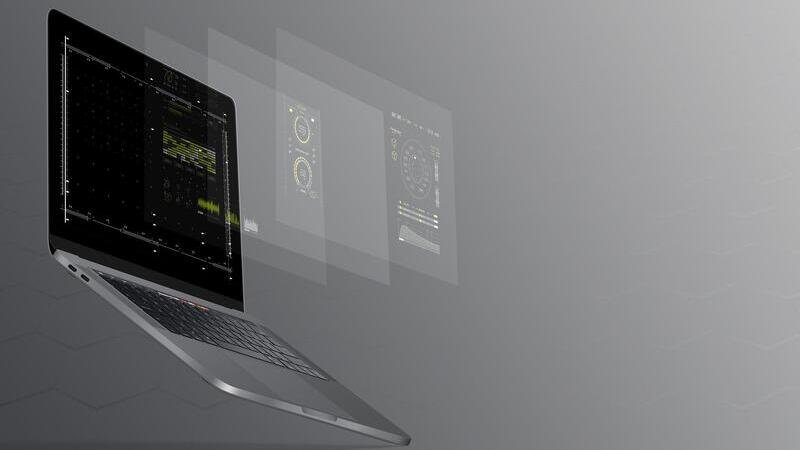Important Capabilities of ERP Software You Should Consider


The ERP software marketplace is mature and crowded with excellent software tools for a variety of use cases, industries, deployment methods and budgets. To help you evaluate prospective ERP products, below are important capabilities of ERP software to consider before making your choice. If you find this helpful, be sure to check out our ERP Buyer’s Guide, which features five questions to ask before purchasing, a comprehensive overview of the market, and full, one page profiles of the top-24 ERP vendors, including our “Bottom Line” analysis.
Widget not in any sidebars
Financial Management
An ERP solution with a strong financial feature should ensure companies meet financial reporting and tax requirements with a single accounting, banking and payment system. It needs to allow for enhancements in financial
performance with real-time information on expenses and revenue contribution. Lastly, your ERP should help improve cash flow, lower costs, and increase profitability while maintaining accurate financial reporting.
Human Resources
Employees are the number one priority in any organization, because without them, your business wouldn’t exist. The HR component within your ERP system should be able to handle the full scope of employee management, from onboarding to offboarding, and from compensation management to timekeeping. The biggest feature you need from a HR component is payroll software. Submitting payroll and issuing direct deposits by hand is incredibly time-consuming. An HR component automates payments, including tax and benefits deductions, which saves you time to focus on more important tasks.
Customer Relationship Management (CRM)
An ERP tool should help bring data together to enable salespeople and marketing planners alike to better address customer needs, preferences and buying patterns. It should better manage invoicing activities, provide relevant and real-time information for the best prepared proposals and monitor the overall status of contracts to help you gain a better understanding and be kept informed at all times.
A CRM component allows you to do this by keeping track of all of your customer and sales data within your ERP solution. The insights you can gain from a CRM component helps optimize your marketing and sales efforts. It also helps to better manage invoicing activities, provide relevant and real-time information for the best prepared proposals and monitor the overall status of contracts to help you gain a better understanding and be kept informed at all times.
A big benefit from CRM is tracking the buyer histories of your customers. With this data in hand, you can suggest additional purchases through cross-selling or upselling, or try to sell them a relevant product/service when they’re otherwise not as likely to buy.
Project Management
An ERP solution should allow companies to select the best projects, assign the proper resources, streamline delivery efforts and track profitability. It needs to facilitate change management, time and expense reporting, billing and collecting payment activities. Ultimately, your ERP solution needs to provide an entire snapshot of the project lifecycle so you are kept up-to-date with everything happening throughout the organization – from back to front office functions.
Sales and Marketing
The sales and marketing component handles sales workflows like sales inquiries, quotations, sales orders and sales invoices. The more advanced ERP also features taxation rules and shipping tracker. The Sales and CRM modules work together to speed up the sales cycle and earn the company more profits. Trying to manually calculate your sales margins and profit ratios as your business continues to grow can be nearly impossible.
With the help of an adequate ERP system, you will be able to automate this tracking and get the information you need with ease. Being able to access synchronized reports that detail key business metrics can be extremely helpful. These metrics can alert you to changes that need to be within your business to foster more growth.
Supply Chain Management (SCM)
As ERP solutions mainly cater to manufacturing and distribution companies, it should absolutely be able to monitor demand, supply, manufacturing status, logistics and distribution in record time. Failing to find information, such as the location of a product’s key components, and promptly share this information with supply partners, can have a significant impact on a company’s supply chain. Your ERP solution should aid in all supply chain processes.
Looking for more? Download our Enterprise Resource Planning Buyers Guide for free to compare the top-24 products available on the market with full page vendor profiles, key capabilities, an ERP software market overview, our bottom line analysis, and questions for prospective buyers.
And don’t forget to follow us on Twitter, Facebook and LinkedIn for all the latest in the ERP space!






















